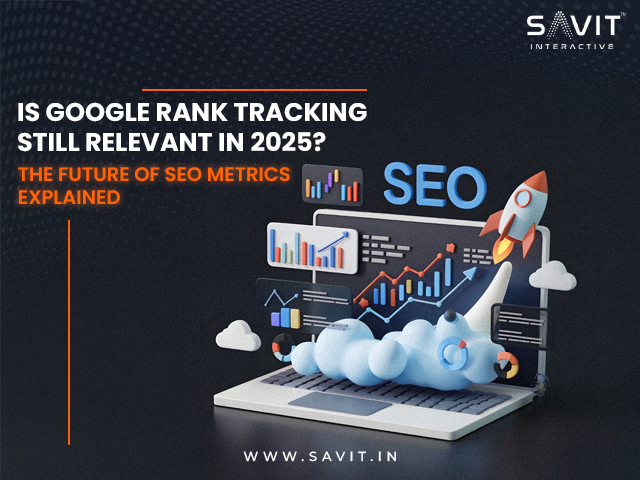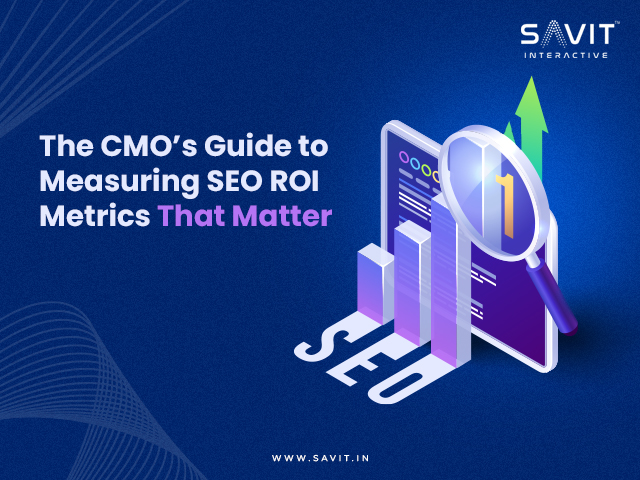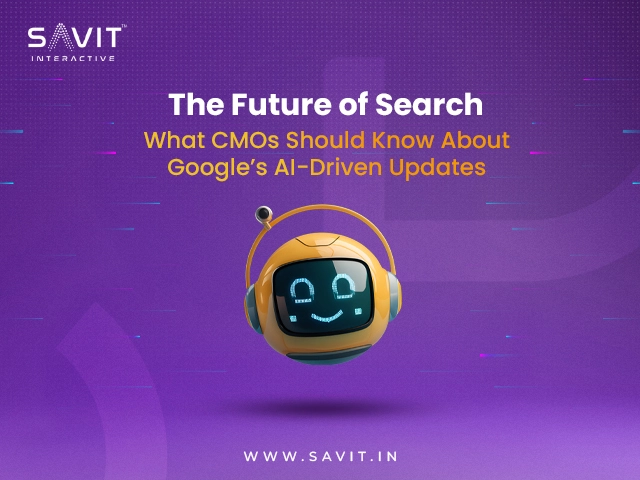Google Rank Tracking in 2025: Key Takeaways
Traditional rank tracking is less reliable due to personalized search, AI-powered results, and zero-click searches.
Keyword rankings still matter, but they should be combined with organic clicks, CTR, user engagement, and conversions for a complete SEO picture.
New SEO strategies include optimizing for AI search (SGE), featured snippets, voice search, and Core Web Vitals.
The future of SEO lies in content relevance, structured data, and integrated marketing approaches beyond just rankings.
Want to stay ahead? Track holistic SEO metrics, adapt to AI-driven search, and focus on user experience!
Google’s latest updates have significantly impacted how SEO professionals track rankings.
Traditional rank tracking methods are becoming less reliable due to changes in Google’s search algorithms and rendering requirements.
This article explores whether rank tracking is still relevant in 2025 and what new strategies SEO professionals should adopt to measure success effectively.
Why Google Rank Tracking is Changing
Key Factors Behind the Shift
| Factor | Impact on Rank Tracking |
| JavaScript Rendering | Google now requires JavaScript execution to display search results, making scraping more complex. |
| Personalized Search | Users get different results based on location, device, and search history, making rank tracking inconsistent. |
| AI-Powered Search (SGE) | Google’s Search Generative Experience (SGE) prioritizes AI-generated results, reducing traditional SERP visibility. |
| Zero-Click Searches | Many queries are answered directly in SERPs, decreasing click-through rates. |
| Frequent Algorithm Updates | Google continuously refines its ranking systems, making rankings unstable. |
| Mobile-First Indexing | Websites need to be optimized for mobile search, affecting rankings differently across devices. |
Should You Still Track Keyword Rankings?
While traditional rank tracking is becoming less reliable, completely abandoning it may not be necessary.
Instead, SEO professionals should combine ranking data with other key performance indicators (KPIs) to get a holistic view of SEO performance.
Alternative Metrics to Focus On
| Metric | Why It Matters |
| Organic Clicks & Impressions | Measures actual traffic driven from search results. |
| CTR (Click-Through Rate) | Indicates how well your titles and meta descriptions attract clicks. |
| User Engagement (Time on Page, Bounce Rate) | Helps understand content effectiveness. |
| Conversions & Leads | The ultimate goal of SEO—ensuring traffic converts. |
| Branded Search Volume | Shows how much direct traffic and brand authority you are building. |
| SERP Feature Appearances | Tracking how often your content appears in rich snippets and knowledge panels. |
| Core Web Vitals Performance | Ensuring your website loads fast and provides a smooth user experience. |
Best Practices for Modern SEO Tracking
- Use Google Search Console & Analytics: Instead of relying solely on third-party rank trackers, leverage Google’s native tools for better accuracy.
- Optimize for AI Search (SGE): Focus on structured data, conversational content, and long-tail keywords to appear in AI-generated results.
- Prioritize Search Intent: Target queries that align with user needs rather than just ranking for high-volume keywords.
- Enhance E-E-A-T (Experience, Expertise, Authoritativeness, Trustworthiness): Build credibility through authoritative content and strong backlinks.
- Monitor Featured Snippets & Zero-Click Results: Adapt content strategies to gain visibility in SERP features.
- Leverage Entity-Based SEO: Focus on topic clusters and structured data to enhance semantic search relevance.
- Improve Content Freshness: Regularly update content to align with search trends and algorithm changes.
- Track Competitor Performance: Analyze competitors’ visibility in SERPs and refine your strategies accordingly.
The Future of SEO Tracking: Where to Focus Next
As Google evolves, SEO professionals need to adapt by embracing new strategies:
- AI & Machine Learning Influence: Google’s ranking algorithms are increasingly AI-driven, making it essential to optimize for intent and user experience rather than just rankings.
- Voice Search Optimization: As voice search grows, structuring content for conversational queries is crucial.
- Video & Visual Search Optimization: Google is prioritizing video content and image-based search results, meaning multimedia SEO is more important than ever.
- First-Party Data Utilization: With privacy changes reducing third-party tracking effectiveness, leveraging first-party data for insights will be key.
- Integrated Marketing Approach: Combining SEO with paid search, social media, and email marketing for a holistic strategy.
Final Thoughts
Google’s evolving search landscape requires SEO professionals to shift their focus from traditional rank tracking to more comprehensive performance metrics.
While keyword rankings still provide some insights, the real measure of success lies in user engagement, conversions, and adapting to Google’s AI-driven search experience.
Staying ahead means evolving with these changes and leveraging the right SEO tools to track meaningful results.
Have Thoughts on This?
How do you track SEO success in 2025? Share your insights in the comments!
Grow your brand with Savit Interactive – your partner in powerful SEO solutions.



